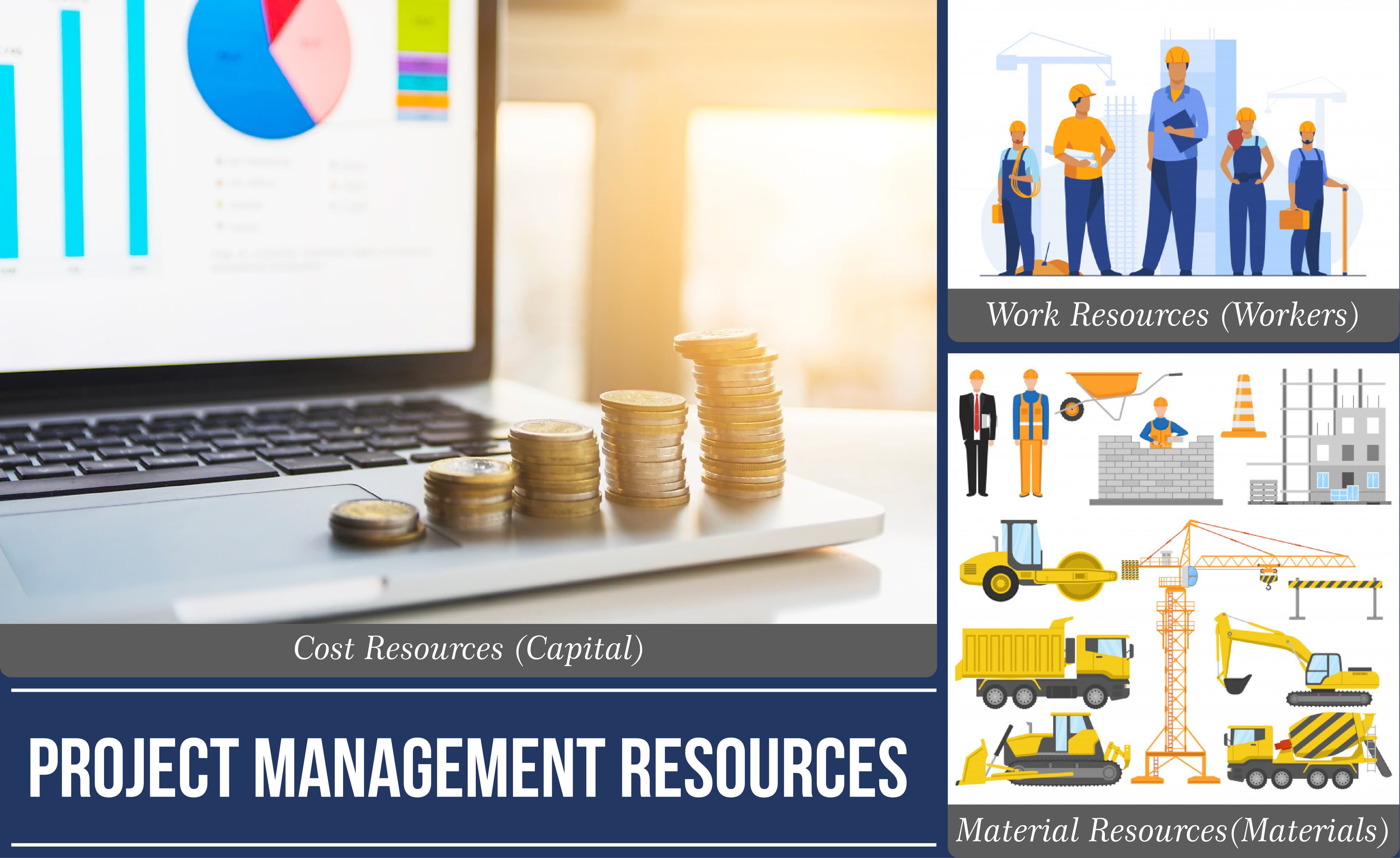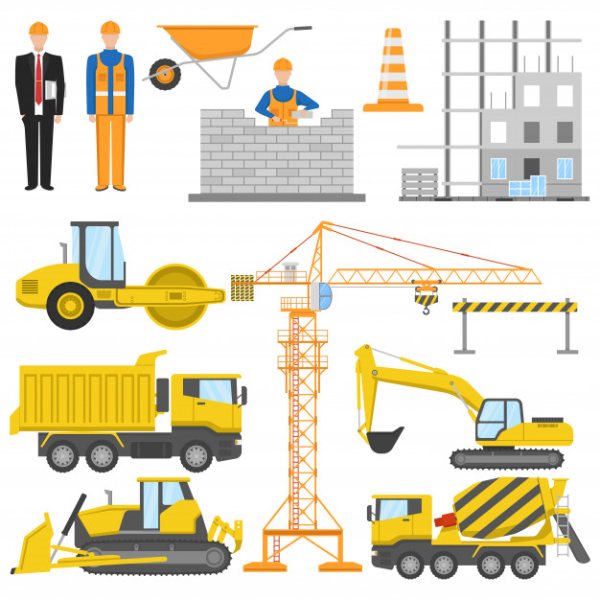
You are probably wondering, “What resources are needed for a project?” The types of resources you use can influence the success of your project. That’s why you should first look for resources that can fulfill the requirements of your project.
As a project manager, your primary focus should be on resource allocation. Studies reveal that most projects fail due to resource dependencies and inadequate resource forecasting. The good news is that you can avoid such issues by managing your resources accordingly. That way, your project’s productivity will improve.
Here are some of the things you’ll learn in this guide:
- What are resources in project management?
- Types of resources in project management
- Examples of resources in project management
What are Resources in Project Management?
Simply put, project resources are the things needed to accomplish particular tasks in a project. These can be people, capital, materials, time, and tools. In other words, you cannot start any project without resources. However, different projects require different resources.
As a project manager, you have to find the resources that match your project needs and allocate them properly. Poor project resource planning and allocation can result in project failure. The resources can get depleted before the project ends, and that could cause delays. So, what resources do you need for your project?
Types of Resources in Project Management
Before you begin any project, you need to assemble all the resources you’ll need to avoid future inconveniences. Generally, there are three types of resources in project management. They include:
- Work resources (Workers)
- Material resources (Materials)
- Cost resources (Capital)
Now, let’s dive deeper into each of the three categories of resources in project management.
01. Work Resources (Work)

Did you know that the people you work with are one of the essential resources in project management? The types of human resources you hire can influence the quality of your work. As a project manager, you need to plan and look for highly skilled workers to become part of your project team.
Once you’ve recruited people in your team, it’s your responsibility to manage them, and that’s usually the trickiest part of project management. You have to manage the team’s workload and time. Unfortunately, some team members can get involved in different projects simultaneously, making it even harder.
As you contemplate the kind of employees you want, determine the skills you need for each task. By doing so, you’ll find it easy to allocate the other resources in your project. You must also ensure each worker understands their roles and responsibilities in the project. You may also need to take care of welfare facilities of workers on site. We have written a detailed guide for you to read, Welfare Facilities on Construction Site for Labourers
02. Material Resources (Materials)

You’ve assembled your time, and now every member knows their roles. However, your team cannot start the project without material resources. These are the tools or assets you need to carry out tasks in the project. They include materials, supplies, equipment, and any other tangible goods you might need.
However, material resources tend to vary depending on the nature of the project and the complexities involved. Here are a few project management resources examples in this category.
- Machinery or equipment, which you might buy or hire
- Property like a temporary structure on the site
- Project management software like Bridgit
- Hardware such as cables and switches for IT equipment
If your company doesn’t have some of the materials required for a particular project, you can hire or buy. If you are purchasing the material resources, you need to do it early to avoid delays. For instance, if a project requires equipment that takes three weeks to ship, order it four weeks before you start the project.
03. Cost Resources (Capital)

It is no doubt that you need money to efficiently manage a project, regardless of its size or type. As a project manager, you need capital to pay for your team members’ salaries. However, cost resources go beyond wages. You’ll also need money to buy tools and equipment for the project.
Generally, project managers must know how to handle financial issues, like preparing budgets and allocating funds. Also, they must learn how to talk to project sponsors about money matters. That’s because project sponsors will want to know how their money will get spent on the project.
Without sufficient funds, your project will most likely fail. You’ll have to stop working when the money runs out before completing the project. So, you need to include all expenses in the budget to avoid future inconveniences, such as delays. Ensure that the project is fully-funded to implement it successfully.
Examples of Resources in Project Management
There are hundreds of resources used in project delivery and management, and all of them fall into the three categories highlighted above. Here is a comprehensive list of some of the resources involved in project management.
- Materials, such as wood, bricks, concrete, steel, gravel, chemicals, and plastic
- Labor, such as engineers, architects, electricians, plumbers, and builders
- Supplies, vehicles, tablets, laptops, mobile phones, and office supplies
- Safety supplies, construction equipment, and surveying equipment
At GharPedia we have tried to cover detailed & brief guide of numerous resources (Construction Materials), you can have a look on all of them by clicking here – Construction Materials.
Why You Need Resource Management Tools?
Managing resources in a project can be quite overwhelming without the right tools. The good news is that many resource management software can help you manage your resources. Here are the benefits of using resource management software tools.
- Promotes efficient capacity planning to fulfill the needs of a project
- Assists you find resources ideal for specific tasks in the project
- Helps you know what resources you need, their attributes, and their availability
By using resource management software to allocate resources, you’ll quickly solve any problem arising amidst construction. That will reduce the wastage of resources on projects, increasing the profit margins. Visit this website to learn more about resource allocation in project management.
Final Words:
What resources are needed for a project? All you need is a skilled workforce to provide labor, capital to finance the project, and materials to implement it. To efficiently allocate the resources, you should first understand the scope of a project. That includes project goals, duration, deliverables, and expectations.






























